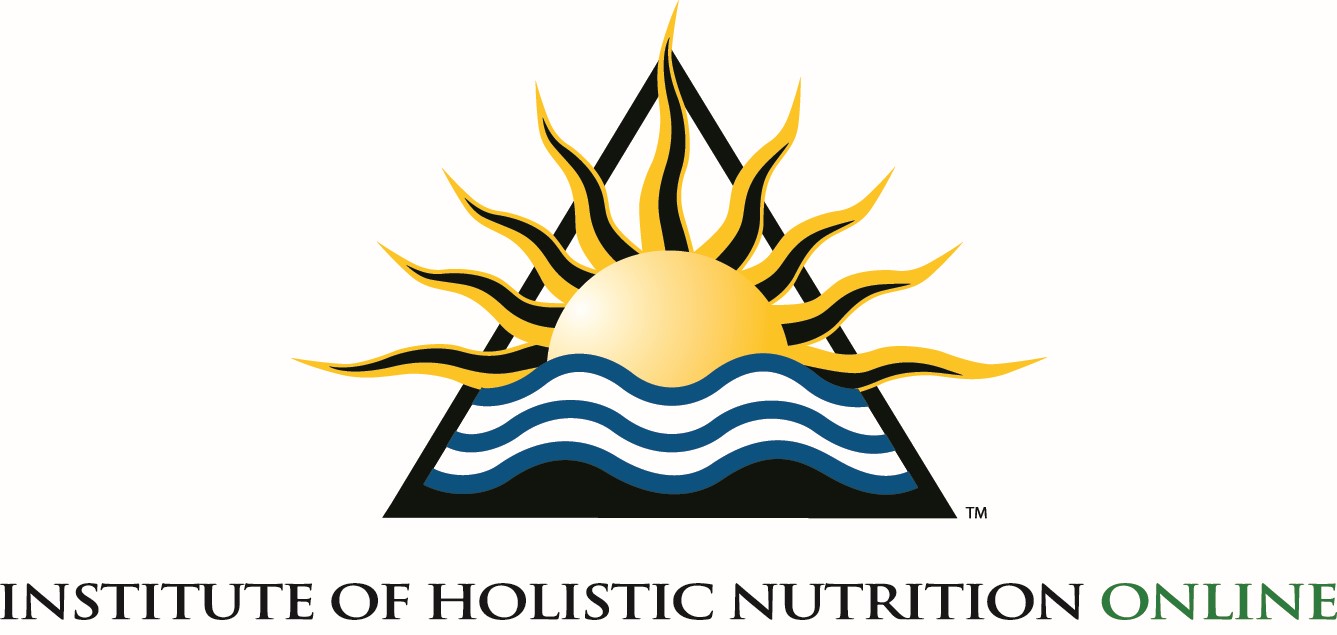
Jamie-Lynn Shaw, BHSc, CNP
Department(s): Faculty
Jamie-Lynn received a Bachelor of Health Science from the University of Western Ontario in 2011. She also graduated with first-class honours from the Institute of Holistic Nutrition, Toronto campus in 2013, and is a Certified Nutritional Practitioner and member of the Canadian Association of Natural Nutrition. Jamie-Lynn is a Certified Personal Trainer and has worked with professional athletes focusing on functional movement. She is the founder of her own consulting practice Jamie Lynn Shaw where she started her career working online through her website building nutrition protocols to help her clients renew and reclaim their health. Jamie-Lynn’s nutrition focus includes digestive health, hormonal imbalances, weight loss, detoxification, mental health, chronic pain, concussion and brain injury and increased athletic performance. Her passions are fitness and Holistic Nutrition; she believes that the two go hand-in-hand when striving for optimal health and overall wellness. Jamie-Lynn currently teaches Professional Practice, Comparative Diets, Nutrition through the Lifespan at the Institute of Holistic Nutrition Online.
